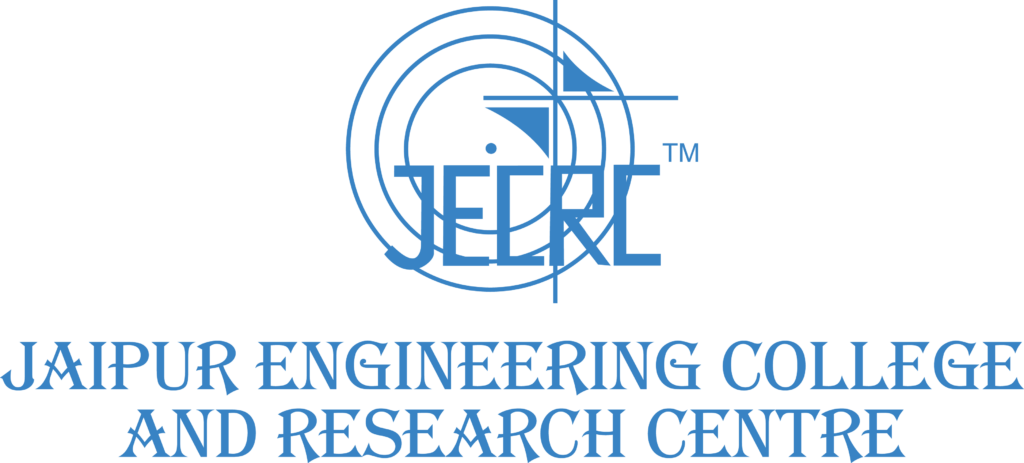
Jaipur Engineering College And Research Centre
Approved By AICTE & Affiliated To RTU

Jaipur Engineering College And Research Centre
Approved By AICTE & Affiliated To RTU


The Departments of Electronics & Communication Engineering are the major departments involving number of laboratories with a diversified variety of equipment being the core branches and with laboratories focusing on fundamental aspects of Electronics & Communication Engineering. In order to cope up with the requirement of industries, the departments also have laboratories with latest technologies. Students have an open access in the laboratories, to understand as well as apply their knowledge to explore their engineering skills. The departments have team of highly motivated and dedicated faculty members to the cause of academics and striving to do the best in the interest of the college and the students. Most of the faculty members are actively involved in research work and regularly publishing their research papers in Journals and Conferences.
The Department of Electronics and Communication Engineering, Jaipur Engineering College and Research Center was established in the year 2000. The Department has Vibrant history also, the department of ECE has been known for its outstanding strong B.Tech Programme.
Ot has a prominent Rank among different institutes in India, the department has always been on a progressive path, thanks to the experienced and dedicated faculty members who have a strong commitment towards providing quality engineering education. The Department has 50 faculty members, Professors – 05, Associate Professors – 04, Assistant Professors – 41 and all the faculty are Master degree holders from various IITs, NITs and Top Institution among the globe.
To contribute to the society through excellence in scientific and technical education, teaching and research aptitude in Electronics & Communication Engineering to meet the needs of Global Industry.
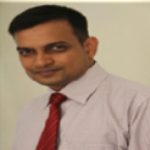
The Department of Electronics and Communication Engineering came into existence at the Jaipur Engineering College & Research Center in 2000, by the approval of All India Council for Technical Education (AICTE), to meet the growing requirement of practical design engineers in the country and abroad. The greatest asset of the department is its highly motivated and learner faculty. The available diversity of expertise of the faculty with the support of the other technical staff prepares the students to work in the global multicultural environment. The department not only aims to make our students technically sound and knowledgeable but also to nurture their wisdom and make them a better and responsible human being. The graduates of the Electronics & Communication Stream have been selected by some of the world’s leading corporations & as well as by most of the leading Indian counterparts.We hope that we will continue to deliver our best to serve the society and mankind. It is also expected that our students will continue to pass on the skills which they have developed during their stay at this department to the whole of the world for a better society.
Dr. Sandeep Vyas
Program Co-ordinator, ECE
To get any additional information regarding the department of electronics and communication engineering, you can reach us at:
Electronics and Communication Engineering department is the core department of the institute. The Department has 50 highly qualified faculty members with Ph.D. and M.Tech from prestigious institutions like IITs, NITs and other institutes of repute.
The Electronics and Communication Engineering Department is enriched with various laboratories.
The ECE Department practices the ‘Outcome Based Education’ (OBE) approach for teaching-learning process. This is a learning-centric approach rather than traditional teaching-centric approach to education. This approach focuses on the graduate attributes the students should possess after the completion of the programme through the following objectives :-
Under OBE model, the quality of teaching is measured by the quality of learning, defined as outcomes, that takes place. Programme Educational Objectives (PEOs) are formulated to align with the vision and mission of the Department. Programme Outcomes (POs) are defined to achieve PEOs which are further aligned to Course Outcomes (CO) of each subject. Vision, Mission and PEOs are the long-term objectives whereas POs and COs are the short-term outcomes.

PEO1. To provide students with the fundamentals of engineering sciences with more emphasis in Electronics & Communication Engineering by way of analyzing and exploiting electronics & communication challenges.
PEO2. To train students with good scientific and Electronics & Communication Engineering knowledge so as to comprehend, analyze, design and create electronics & communication based novel products and solutions for the real life problems.
PEO3. To inculcate professional and ethical attitude, effective communication skills, teamwork skills, multidisciplinary approach, entrepreneurial thinking and an ability to relate Electronics & Communication Engineering with social issues.
PEO4. To provide students with an academic environment aware of excellence, leadership, written ethical codes and guidelines, and the self-motivated life-long learning needed for a successful Electronics & Communication Engineering professional career.
PEO5. To prepare students to excel in electronics & communication based industry and higher education by educating students in Electronics & Communication Engineering field along with high moral values and knowledge.
PSO1: Ability to develop knowledge for robotics and it’s application.
PSO2: Ability to apply the concept of IoT for challenges of real-world.
| # | Subject Code | Subject | Course Outcomes |
|---|---|---|---|
| 1 | 3EC1A | Electronics Devices & circuits |
|
| 2 | 3EC2A | Data Structures & Algorithms |
|
| 3 | 3EC3A | Digital Electronics |
|
| 4 | 3EC4A | Circuit Analysis & Synthesis |
|
| 5 | 3EC5A | Electromagnetic Properties of Materials |
|
| 6 | 3EC6A | Advanced Engineering Mathematics-1 |
|
| 7 | 3EC7A | Electronic Instrumentation Workshop |
|
| 8 | 3EC8A | Computer Programming Lab-I |
|
| 9 | 3EC9A | Electronics Device Lab |
|
| 10 | 3EC10A | Digital Electronics Lab |
|
| 11 | 3EC11A | Business Entrepreneurship |
|
| 12 | 4EC1A | Analog Electronics |
|
| 13 | 4EC2A | Random Variables and Stochastic Processes |
|
| 14 | 4EC3A | Electronic Measurement and Instrumentation |
|
| 15 | 4EC4A | Electromagnetic Field Theory |
|
| 16 | 4EC5A | Optimization Techniques |
|
| 17 | 4EC6A | Advanced Engineering Mathematics-II |
|
| 18 | 4EC7A | Computer Programming Lab-II |
|
| 19 | 4EC8A | Analog Electronics Lab |
|
| 20 | 4EC9A | Measurement and Instrumentation Lab |
|
| 21 | 4EC10A | Humanities and Social Sciences |
|
| 22 | 5EC1A | Signals & Systems |
|
| 23 | 5EC2B | Linear Integrated Circuits |
|
| 24 | 5EC3A | Telecommunication Engg. |
|
| 25 | 5EC4A | Analog Communication |
|
| 26 | 5EC5A | Microwave Engg–I |
|
| 27 | 5EC6.1A | Biomedical Instrumentation |
|
| 28 | 5EC7A | Electronic Engineering Design Lab |
|
| 29 | 5EC8A | Microwave Engineering Lab |
|
| 30 | 5EC9A | Communication Lab-I |
|
| 31 | 5EC10A | Signal Processing Lab |
|
| 32 | 5EC11A | : Professional Ethics and Disaster Management |
|
| 33 | 6EC1A | Microwave Engg.-II |
|
| 34 | 6EC2A | Microprocessors |
|
| 35 | 6EC3A | Industrial Electronics |
|
| 36 | 6EC4A | Digital Communication |
|
| 37 | 6EC5A | Control Systems |
|
| 38 | 6EC6.3A | Optical Fiber Communication |
|
| 39 | 6EC7A | Communication Lab-II |
|
| 40 | 6EC8A | Microprocessor Lab |
|
| 41 | 6EC9A | RF Simulation Lab |
|
| 42 | 6EC10A | Industrial Electronics Lab |
|
| 43 | 6EC11A | Personality Development & General Aptitude |
|
| 44 | 7EC1A | Antenna and Wave Propagation |
|
| 45 | 7EC2A | Digital Signal Processing |
|
| 46 | 7EC3A | Digital Image Processing |
|
| 47 | 7EC4A | Wireless Communication |
|
| 48 | 7EC5A | VLSI Design |
|
| 49 | 7EC6.3A | VHDL | CO1: Understanding the design flow of different integrated circuits. CO2: Understanding the fundamentals, advantages of VHDL and writing code for combinational and sequential circuits. |
| 50 | 7EC7A | Signal & Image Processing Lab |
|
| 51 | 7EC8A | Wireless Communication Lab |
|
| 52 | 7EC9A | Practical Training & Industrial Visit |
|
| 53 | 8EC1A | IC Technology |
|
| 54 | 8EC2A | Radar and TV Technology |
|
| 55 | 8EC3A | MEMS and Nanotechnology |
|
| 56 | 8EC4.3A | Microcontroller and Embedded Systems |
|
| 57 | 8EC5A | RF Fabrication Lab |
|
| 58 | 8EC6 | Industrial Economics and Management |
|
| 59 | 8EC7A | VLSI Design and Optical Fiber Lab |
|
| 60 | 8EC8A | Project |
|

International Workshop On Open Source Innovations –TechnologicalConvergence by RED HAT ACADEMY

Seminar by Huawei on multiple leading ICT technologies such as Wireless (2G, 3G, LTE), Core network
Informative Seminar presentations were conducted by ECE department on HCIG program, aimed for Engineering students, where participants get trained & certified by Huawei on multiple leading ICT technologies such as Wireless (2G, 3G, LTE), Core network


Induction Ceremony of JECRC Batch 2017-21.
It was a historic moment for JECRC, as we welcomed the Chairman AICTE, Dr. Anil Sahasrabudhe and Director AICTE, Dr. Manpreet Singh Manna for Induction Ceremony of JECRC Batch 2017-21. More than 1500 people attended this event . On this occasion, meritorious students were felicitated for their achievements



Spy Robotic Workshop by TechiNest Pvt. Ltd.



Smart India Hackathon-2017
The government of India organized Smart India Hackathon-2017, under the Ministry of Human Research and Development (MHRD) in association with AICTE. Around 50 teams from all over the India participated in the College campus. They came to Jaipur on March 30-31, 2017 and stayed on the college campus till April 3, 2017.



J-techtrix
J-Techtrix was organized for B. Tech students of all years on April 08, 2017 during 9:00 AM to 4:00 PM. The objective of this exhibition was ‘The project-based learning’ (beyond the syllabus). It provided a platform to the students to learn various experimental as well as theoretical aspects of various physical phenomena of science and technology.


RTDEEE
The 2nd International Conference “RTDEEE-2018” is organized with a vision to address the various issues to promote the creation of intelligent solutions in future. It is expected that researchers will bring new prospects for collaboration across disciplines and gain ideas facilitating novel concepts. The theme of this conference will motivate the researchers to adopt the outcome for implementation. RTDEEE-2018 is a premier conference, organized by the Department of Electronics & Communication Engg. and the Department of Electrical Engineering during April 6-7, 2018 at JECRC



National Conference
The National Conference “RAST-2018” is organized with a vision to address the various issues to promote the creation of intelligent solutions in future. In RAST-2018 students and research scholars were made aware about the recent trends in the field of electronics and electrical engineering. Students knew about the benefits of such conferences so that they may get an insight into the field of research which is an essential factor for the advancement of their career



Industrial Tour[BRAMAN] at TalentPull Chandigarh
Department of Electronics and Communication Engineering organized an industrial Tour BHRAMAN on 19th March to 25th March 2018 for ECE students. The industrial visit is coordinated by Ms. Aapurva Kaul, Mr. Ashish Sharma, Mr. Bhoopesh Kumawat , Ms. Preeti Barot, Ms. Shivam Upadhyay.

ROBO SOCCER
For all those who have passion in Robotics or Sports, RENAISSANCE’18 presents robo-soccer. This competition is to show how good and swift robot of yours can be by playing soccer using it and scoring more goals.

FORMULA ZERO
For all those who have passion in Robotic so far Sports, RENAISSANCE?’18 presents Formula zero. This competition is to show how good and swift robot of yours can be,by crossing the hurdles using it and scoring more points.



Line Follower
For all those who have passion in Robotics or Sports, RENAISSANCE’18 presents Line follower. This competition is to show how good and swift robot of yours can be by following a line using it and scoring more points.



Game of Drones
Build your Drone to travel from source to destination crossing various interruptions, hurdles, etc., along the path of journey. This is an open event for all (but should not be from any industry or a professional).


TECHNOPHILIA
This event is to develop research aptitude among engineering students. Future of education belongs to research. Students who want to pursue higher studies in india or abroad are very much inquisitive about developing research aptitude . Technophilia will provide them a solid platform to begin.



Phoenix
“CASH THE ASH”, In this event students have to develop a working model from the available components of a non working or discarded device according their innovative idea. Creating is not finding of a thing but making something out of it after it is found so get your mind work to create something innovative from the ASH.




Renovators
Renovators is a technical event that falls right in into the core of engineering. It emphasis on the basic circuits that are involve in the course of engineering. It also disperse light onto the innovation and creativity. There are 2 rounds, first about the identification of circuit elements and second about the design of already studied circuit.



TechnoBuzz
Techino Buzz is a Technical poster presentation. This is the presentation of research information or an idea with an academic or professional focus on a poster. For any professional, communicating his/her idea efficiently determines his success professionally. The primary motive of this competition is to enhance the ability to deliver a visual presentation without any other audio/video aids. This event basically focuses on the creativity of the students. Here at Renaissance we provide you a platform to showcase your innovation, creativity, knowledge, and ability to tackle practical problems.



Quizolic
A Quiz Is More Than Just A Collection Of Questions In Search Of Answers. It Is A Reflection Of The Times We Live And Have Lived In. The Event Presents A Medley Of Well Gleaned Technical Questions To Test The Intellectual Capabilities. If Archie Was The First And Backrub Became Google, The Advent Of Search Engines And Internet Has Meant That Answers To Anything Are Just A Click Away.
Dr. Neha Singh
4 indexed papers in Scopus since 2016 and 1 SCI-E since 2020.
3 research papers in international journal of repute.
One patents in 2020
Completed 10 certified courses from Coursera.
Dr. Parul Tyagi
Dr. Vinita Mathur
The department has been provided with following laboratories and workshops fully equipped with equipment and machinery as prescribed in the syllabus.
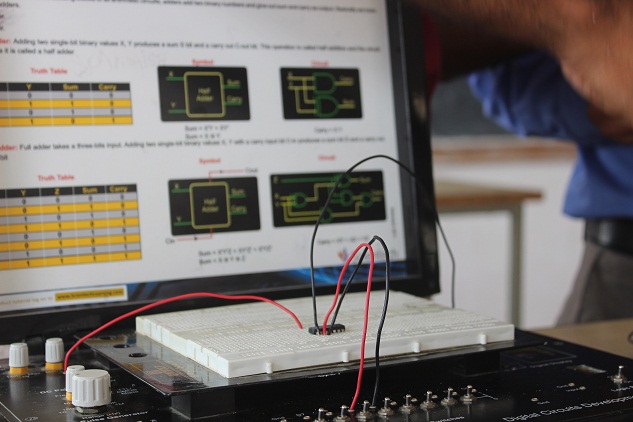
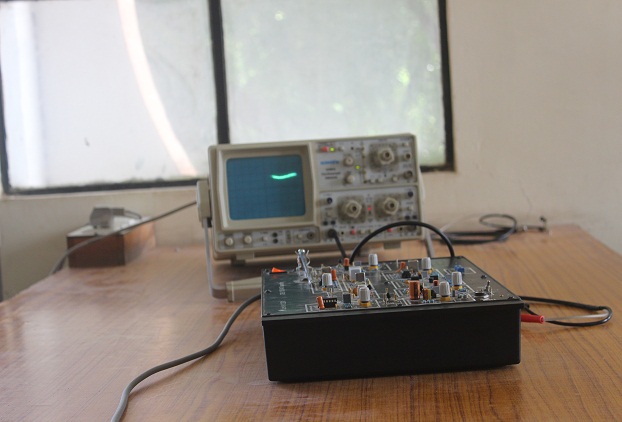
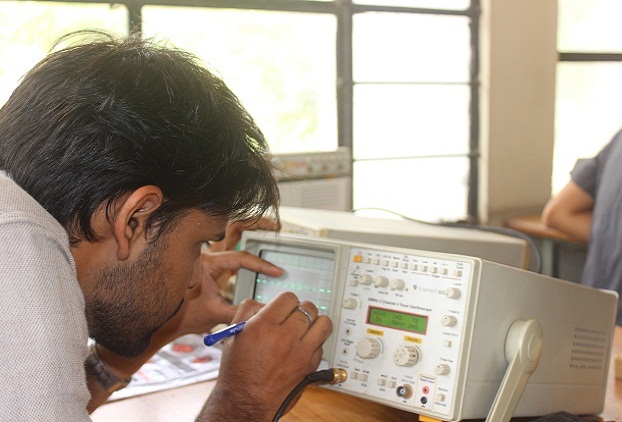
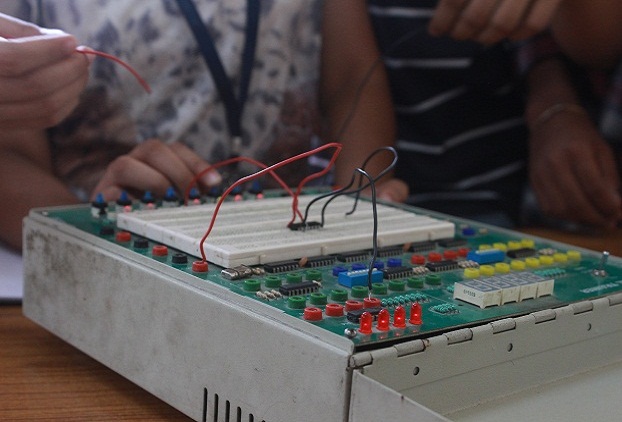
ECE Department Library has about 131 books related to various fields in electronics and communication like Digital communication, Signal processing, Antenna theory and design etc . It is also a store house of lab manuals, previous year question papers and lecture CDs. It holds various reports like mini project, seminar, main project of ECE students
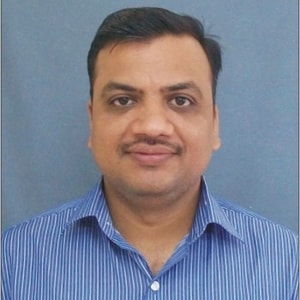
V. K. Jaiswal, Scientist, DEAL, Defence R and D Organisation
Success Story: Initial year of my professional life in Bangalore as a Research Scientist, I have been involved in developing Electronic Warfare (EW) Suite for Fighter Aircraft. We have successfully developed the EW Suite for India’s First Indigenous Fighter Aircraft LCA Tejas. Further, after transfer to Dehradun, I have been given responsibility of design and development of Software Defined Radios (SDR) for Indian Navy. We have developed SDRs of various form factors, so that it can used at different platforms used in Navy. This work is in final stage of completion.
Message to Juniors: Hello Friends, Keep your aim high and fix it as soon as possible. All your effort during the college time should be in the direction to achieve the final Aim. Make a balance in professional and personal life. If you have any hobby, keep it alive and spend some time for it also. It gives you joy and satisfaction in life. Never get dishearten due to failure. Just restart with new energy and move ahead.
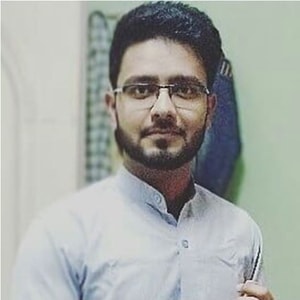
Vipul Tiwari, Network Engineer, Ericsson
An engineer’s life is quite challenging and enjoyable and my College gave me the knowledge and support with its splendid learning atmosphere as well as teaching facilities which are impeccable and the variety of services available made me always feel very lucky to be a part of it. Completing a bachelor degree is a small part of our life long journey. However, it is an essential part of our successful career. Therefore, I would say “It’s not the end, but just the beginning of our educational journey!” I would like to thank JECRC and our Electronics department for all the enormous support and opportunities.
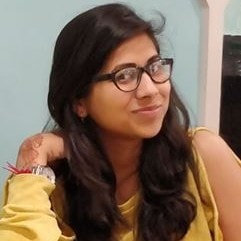
Shalini Agarwal , Software Developer, Accenture
I am a student of JECRC (ECE 2017 batch) and would like to whole heartedly announce that, JECRC has provided me a wonderful environment and opportunity to learn and grow myself academically as well as to secure a place in corporate with it best placement services . The facilities here always motivated me to empower myself and were very friendly enthusiastic, ready to help, encouraging and supportive. I have been waiting for an opportunity to convey my warm regards and been thankful to my college for presenting me a wonderful environment.
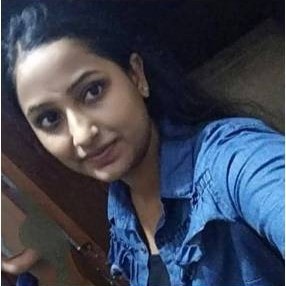
Neha Kumari , Software Developer, TCS
I believe that I made the right decision by choosing JECRC College. I am grateful to my faculties and management for their help and support throughout. Their approach is professional yet very personal and friendly. They guided me in every way they could. They have patiently attended all my queries and provided me with satisfactory solution. Thank you for all your help. Department of ECE of JECRC college offers good quality teaching and learning environment which is more effective to the students and students can learn more than their academic curriculum to learn more and more to enhance our technical skills required to boost up our carrier.
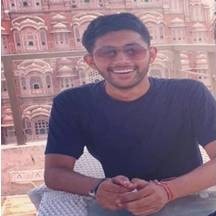
Tanuj Kothari Software Developer, Accenture
I feel really proud to be a part of Accenture and the credit for this goes to the dept of ECE,JECRC . They gave us excellent training in soft and technical skills. They refined all our skills which helped a lot during the various stages of my interview. Their intensive coaching boosted my confidence levels to a great extent. JECRC is an excellent institute where students get innumerable opportunities to hone their skills and talents. Once we step into this college there is no looking back, only sky is the limit for every student here. Sophisticated infrastructure, excellent faculty and well maintained labs provide every student an opportunity to excel in life. I take this opportunity to thank each and everyone who is a part of JECRC.
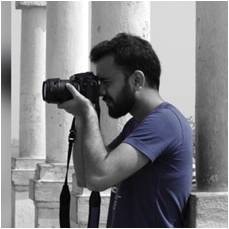
Tapan Soni, Lead UI/UX Designer, Cashless Technologies
Jaipur Engineering College and Research Centre is much beyond just an “Institution”…It actually denotes a “Culture”…Culture of excellence, empowerment, and enrichment. Being a part of JECRC, I felt blessed. The college has molded my personality and clarified my vision of the future. That day is not far when people will recognize me with the name of JECRC and I am very grateful to the Department of ECE and Institute for providing guidelines and motivation to inspire me to achieve my goals.
Suwarana Sant, AP, Career Point
Attending College for the first time has been a trying but great experience for me. The way in which I have grown up, mature, and found out who really I am, is something that I couldn’t accomplish without going to college. At This College I gained friendship and experiences which added a different perspective to my life. It feels great to be taught by amazing teachers who are the best. They always motivated and encouraged me to face the risks and learn new things. I am and will always be thankful to JECRC for making me a person I am today.
Veerangana, Network Engineer, Ericsson
I was fortunate to be placed in Ericsson where I was trained on hardware connectivity and Networking applications . During my tenure at Ericsson, I could put forth my technical skills which I have learnt at the JECRC Institution. It was a very wonderful experience to work in the corporate world. It happened because of the assistance and support provided by the JECRC foundation.
To request additional information concerning Alumni of our department, you can reach us at:
Naresh Kumar
Assistant professor
Mob:9251039850
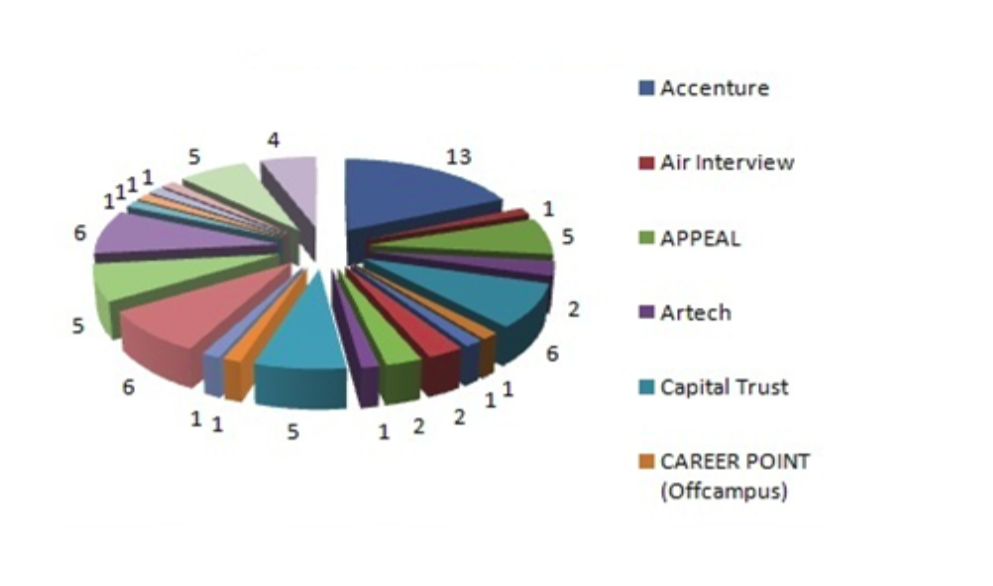
Placements 2017-18
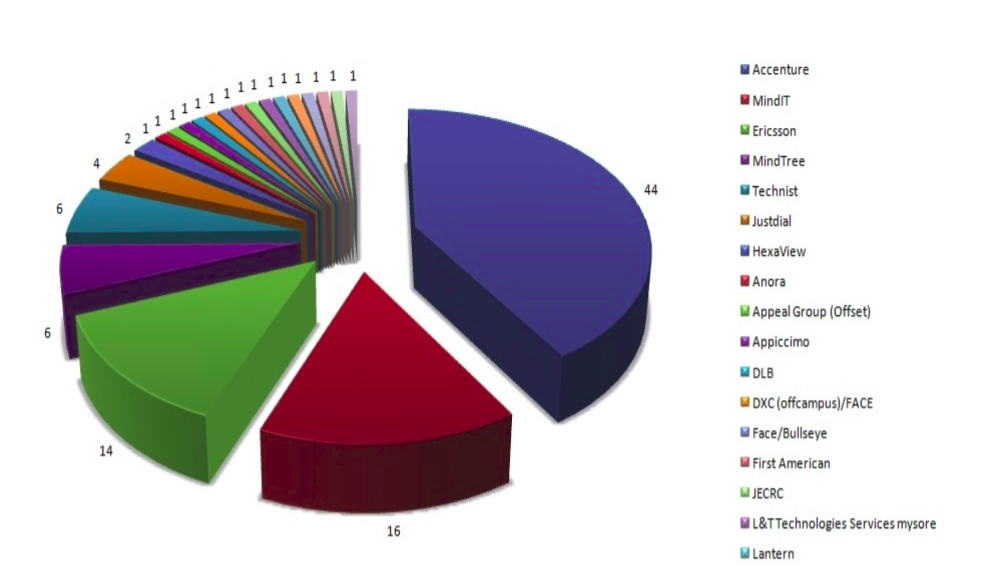
Placements 2016-17

Placements 2015-16
Since its inception 22 years ago, the JECRC Robotics Club Xananoids has been at the forefront of technological innovation, consistently pushing boundaries and redefining what’s possible in the field of robotics. With a rich history of participation in both national and international events, including prestigious competitions like ROBOCON and annual technical festivals at renowned institutes such as IIT Bombay, IIT Guwahati, BITS Pilani, IIT Delhi, NIT Delhi, and MNIT Jaipur, the xananoids club has earned esteemed ranks and positions, cementing its legacy as a powerhouse in the robotics arena.
At the heart of the club’s endeavors lies a fervent passion for research and innovation. With a focus on robotics, embedded systems, aerodynamics, quadcopters, drones, and 3D printed structures, the club has continually pushed boundaries, exploring new frontiers and embracing emerging technologies. Recent forays into areas like artificial intelligence, Internet of Things, and web designing underscore the club’s commitment to staying ahead of the curve and embracing cutting-edge advancements.
Recognized by prestigious national-level institutes such as IITs, NITs, IIITs, and numerous other universities, the JECRC Robotics Club Xananoids has become an integral part of the technical ecosystem, contributing significantly to the research domain of embedded systems and robotics. Its longstanding presence and contributions make it a cornerstone of JECRC Foundation, serving as a beacon of excellence and inspiration for generations to come.
One of the hallmarks of the club’s legacy is its commitment to nurturing talent and fostering a conducive environment for technical and research pursuits. Through the organization of various events such as Robo War, Robo Soccer, Game of Drones, and Robo Race, the club provides a platform for students to showcase their skills, exchange ideas, and push the boundaries of innovation. These events not only serve as avenues for showcasing technical prowess but also foster teamwork, creativity, and problem-solving skills among participants.
As we celebrate 22 years of excellence, the Club Xananoids remains steadfast in its commitment to innovation, and inspiring the next generation of technologists. With a rich legacy behind us and a bright future ahead, we continue to chart new territories, driven by our passion for robotics and unwavering dedication to excellence. Join us as we embark on the next chapter of our journey, where the possibilities are limitless, and innovation knows no bounds.
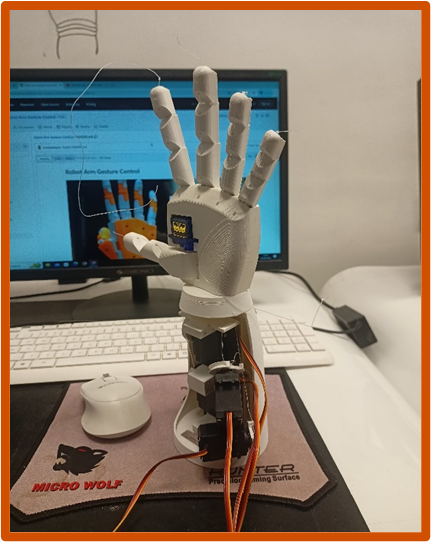
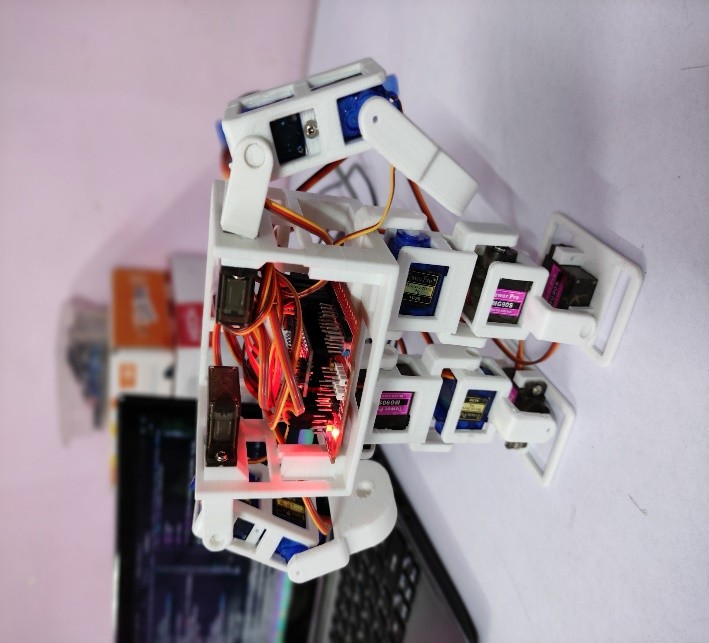
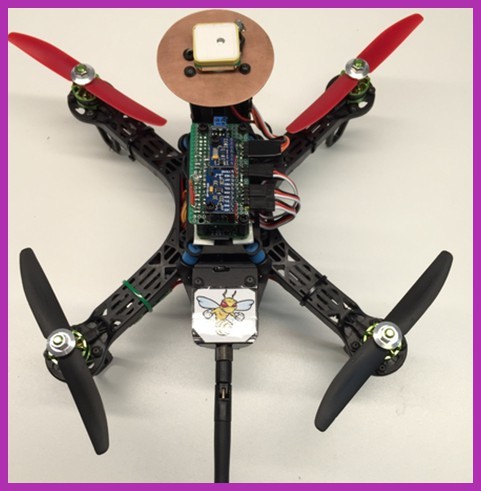
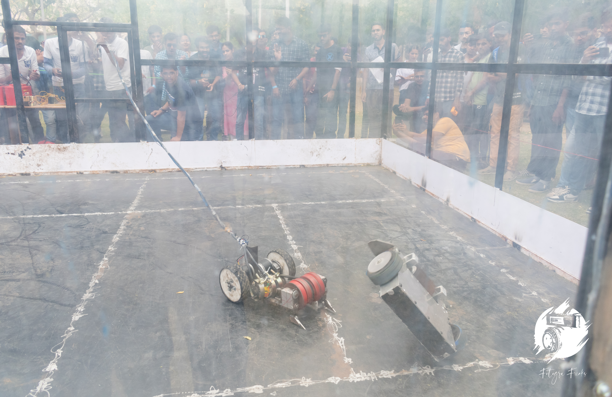
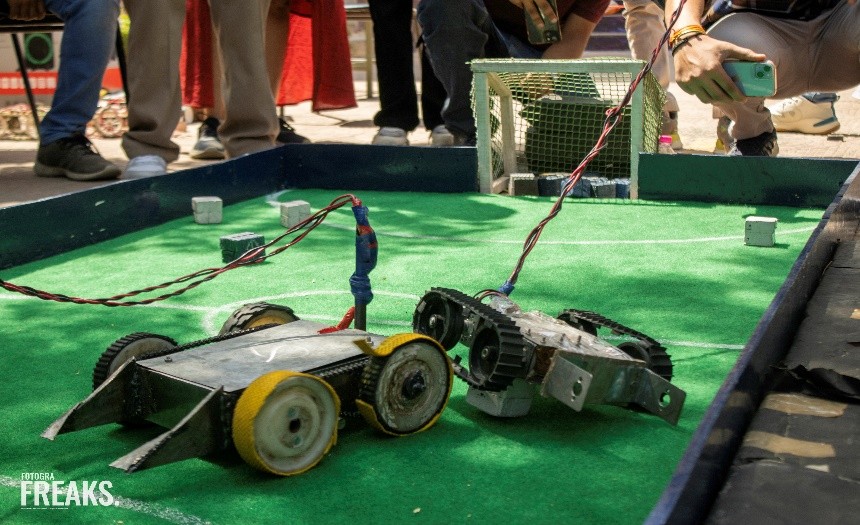
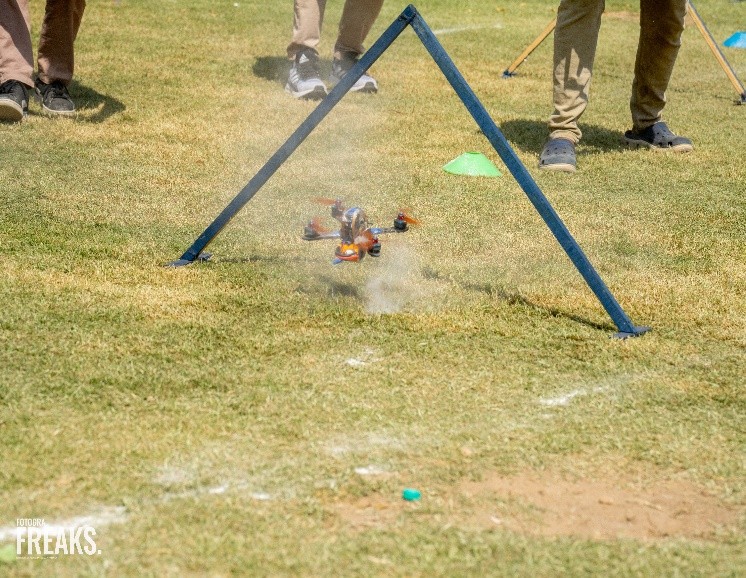
S. No | Types of Feedbacks | Session (2019-20) | Session (2020-21) |
1 | Student’s Curriculum Feedback Form | View | |
2 | Students Feedback On Teaching Learning | VIew | View |
3 | Students Extra-Curricular Feedback Form | VIew | View |
4 | Parent’s Feedback Form | VIew | View |
| 5 | Student’s Facility Feedback Form | View | View |
| 6 | Student’s Hostel Facility Feedback Form | VIew | VIew |
| 7 | Student’s Feedback(Transport Facility) Form | VIew | View |
| 8 | General Feedback Form | VIew | View |
| 9 | Student’s Course Outcome Feedback Form | VIew | View |
| 10 | Student’s Program Exit Feedback Form | VIew | VIew |
| 11 | Employee Feedback Form | VIew | View |
| 12 | Industrial Training Feedback Form | VIew | VIew |
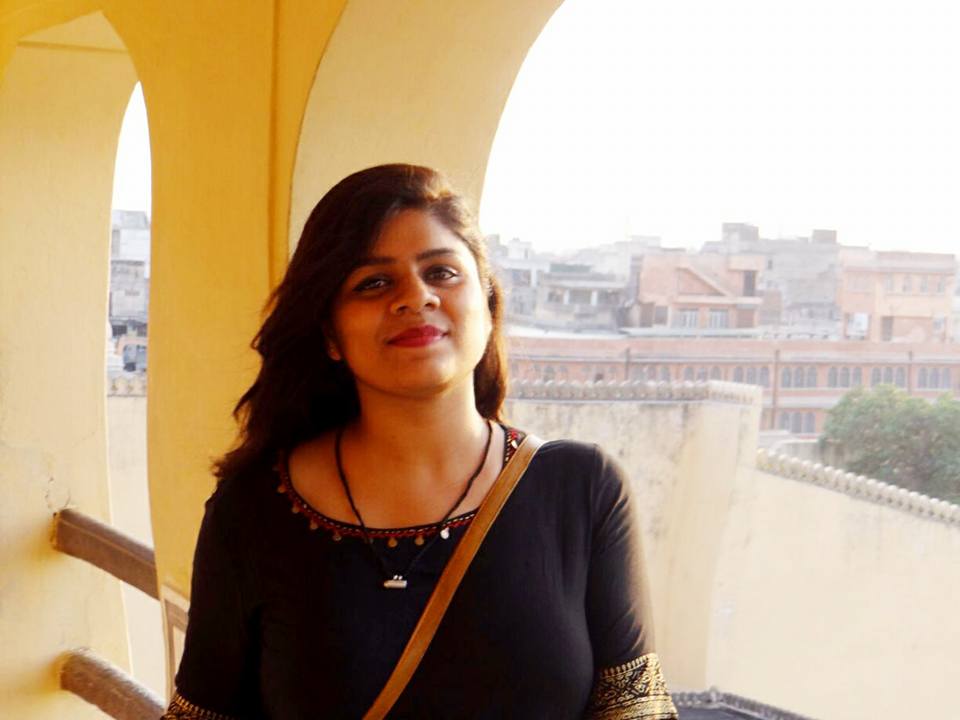
80.40%
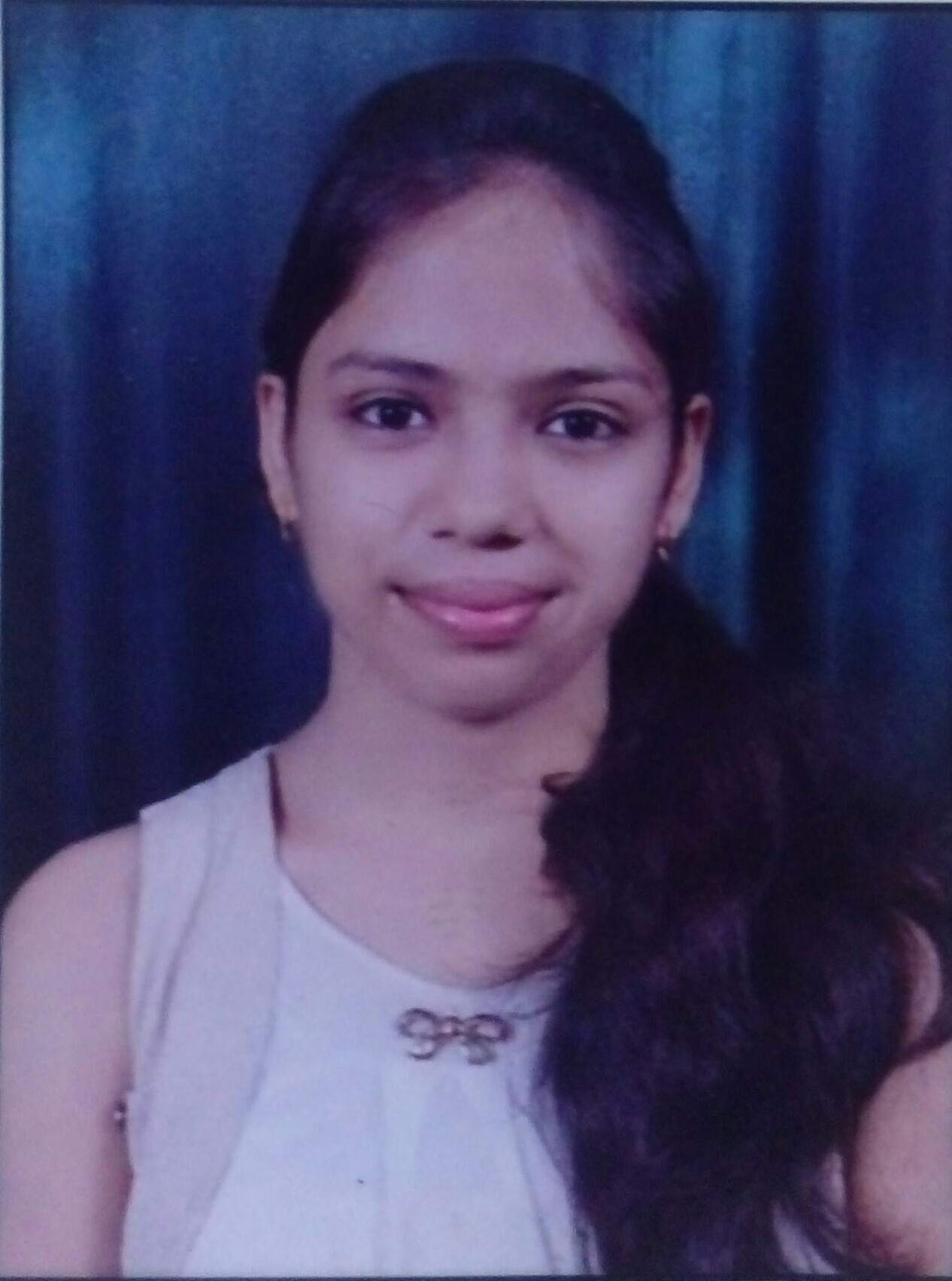
82.50%
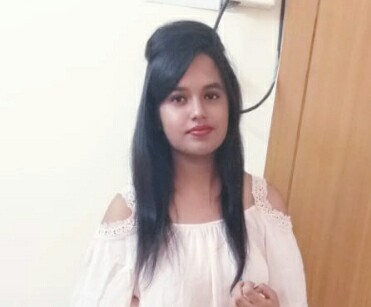
84.40%
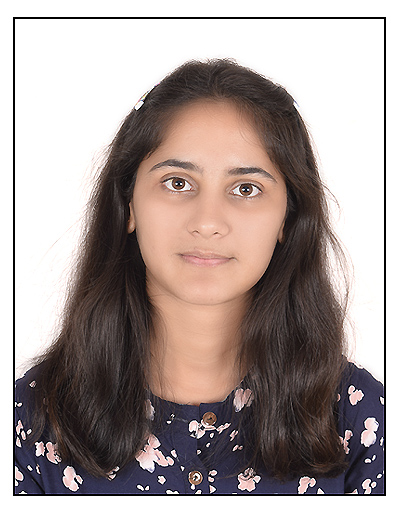
86.30%
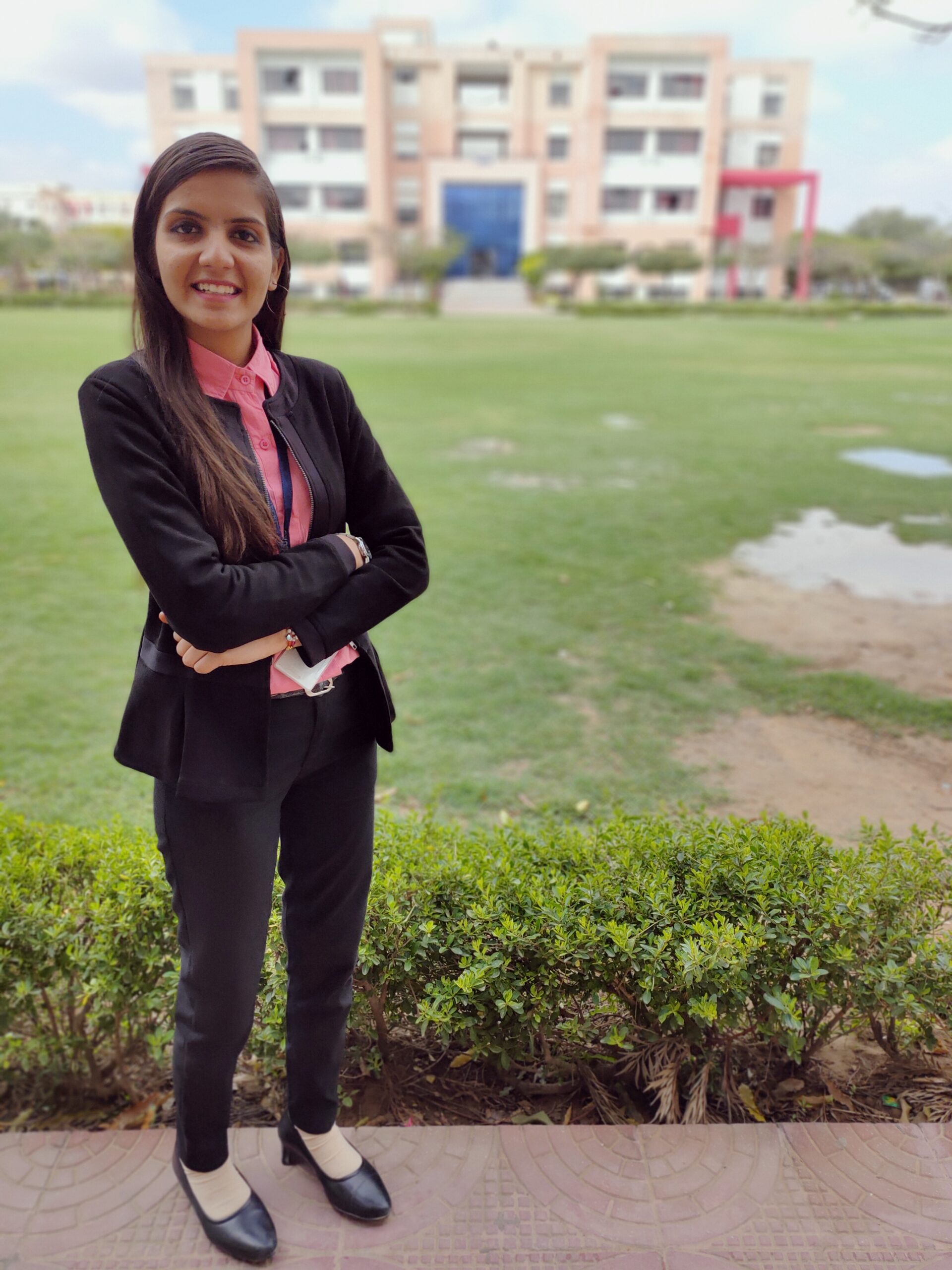
84.70%
There are different eligibility requirements for other courses/programs. Further details can be found on your desired course or program page.
The tuition and registration fees are applicable as per the choice of discipline and program along with hostel and mess charges under the hostel fee. For the hostel fee details, please see the hostel page.
Depending upon your choice of discipline and program, the undergraduate courses can be 3 to 5 years, the postgraduate courses of 1 to 2 years, the research programs from 3 to 5 years, and the diploma/certificate courses are of 3 months to 3 years duration.
JECRC is a residential institute and all students who are admitted are accommodated in hostels. You can find out more about our hostel accommodation here Hostels.